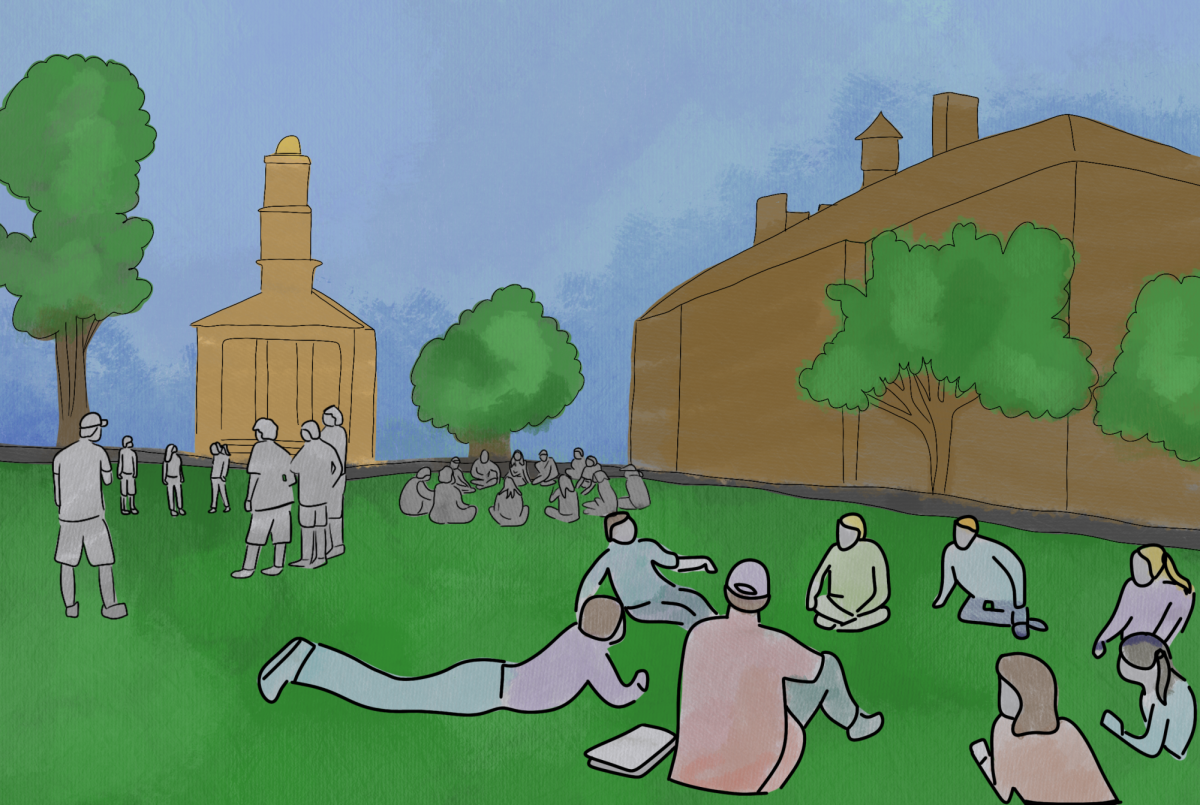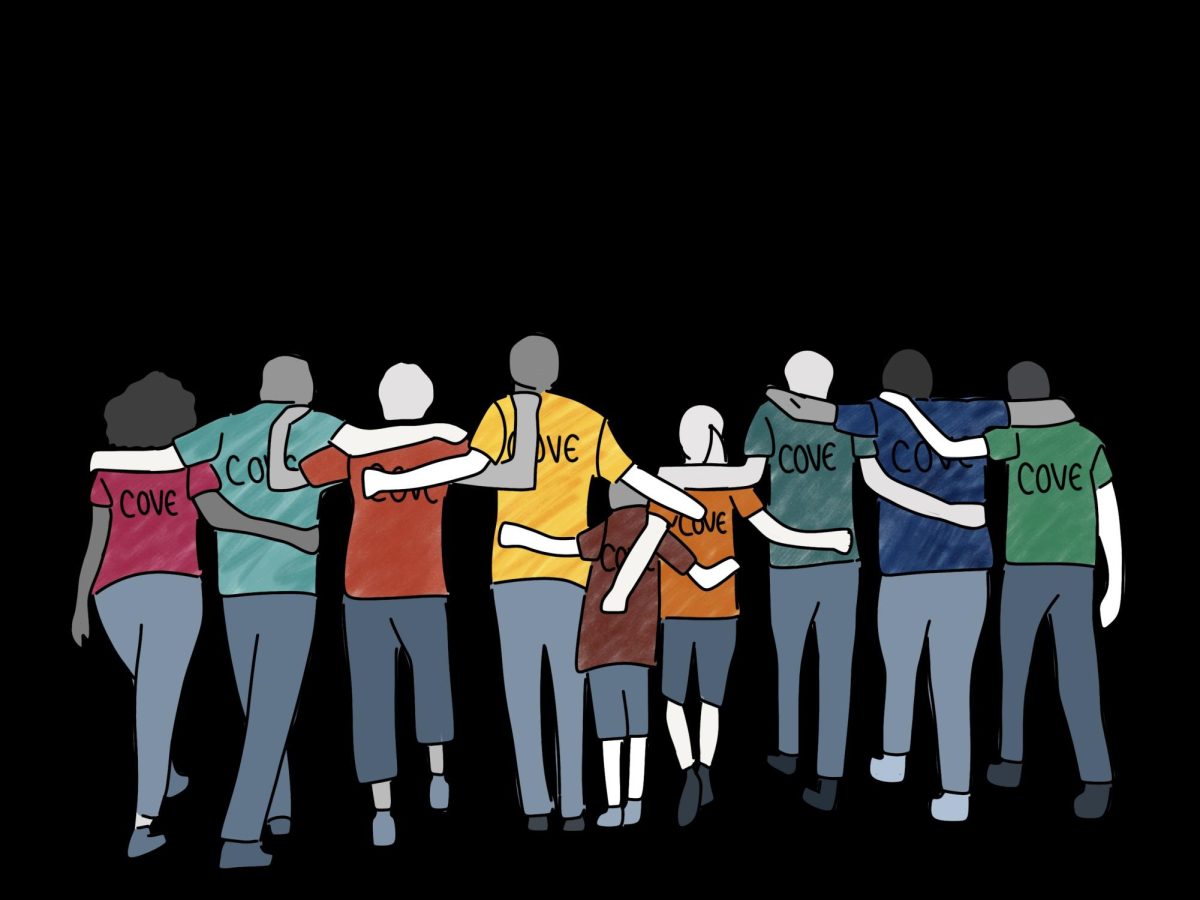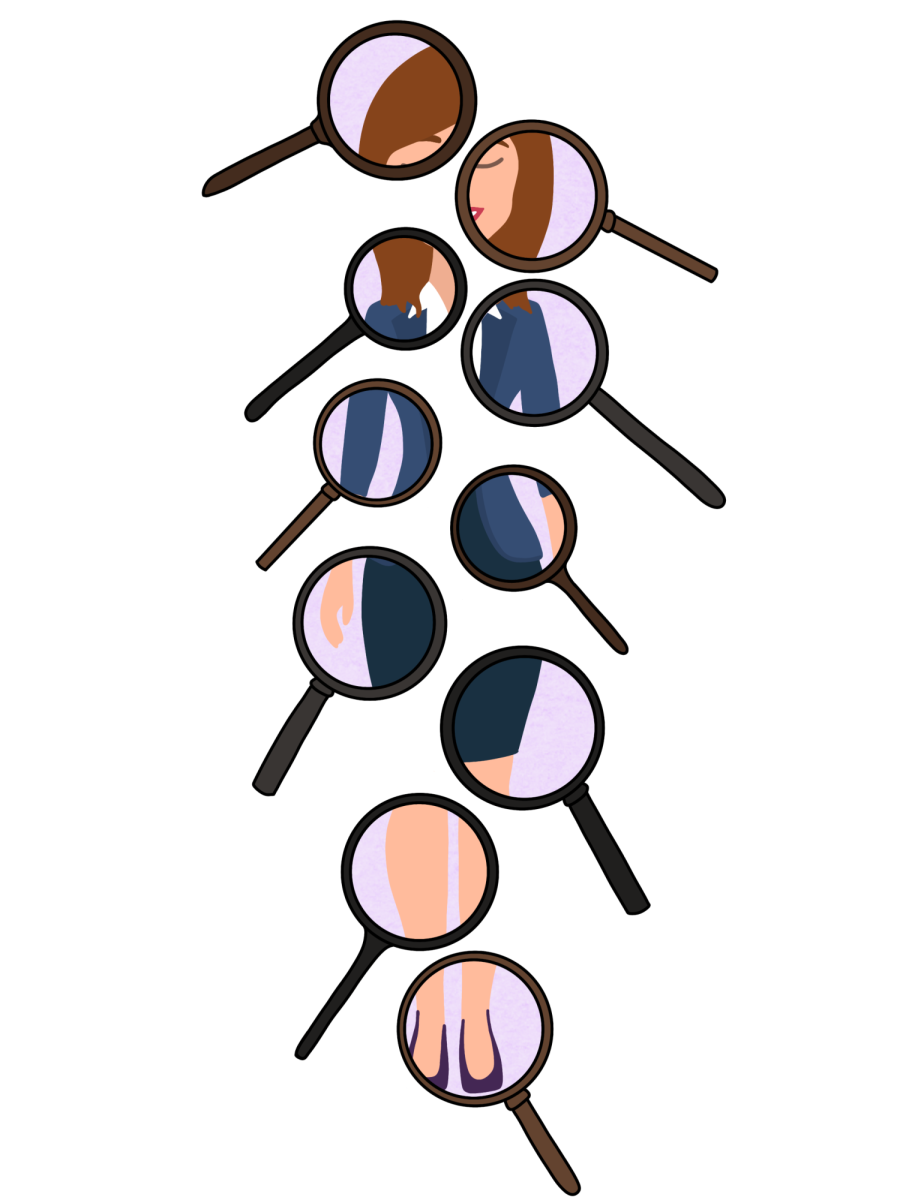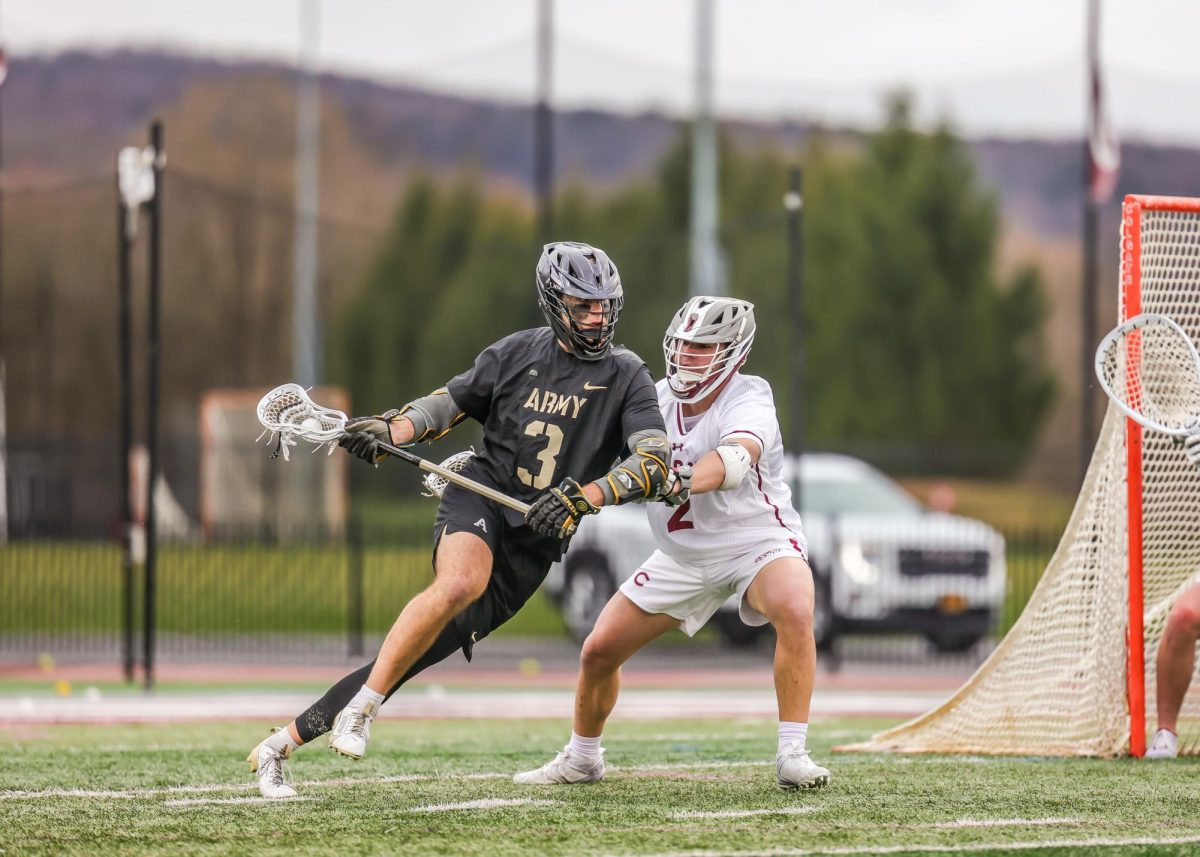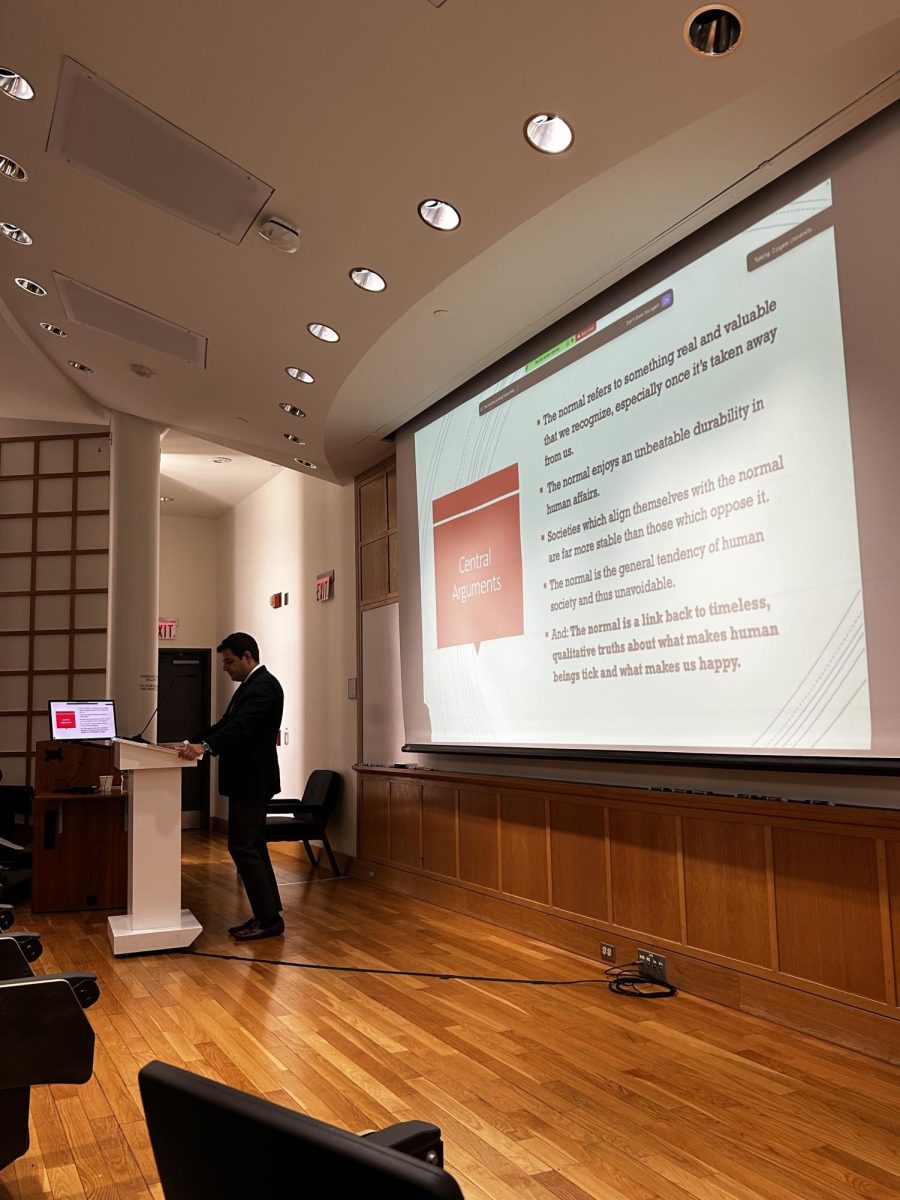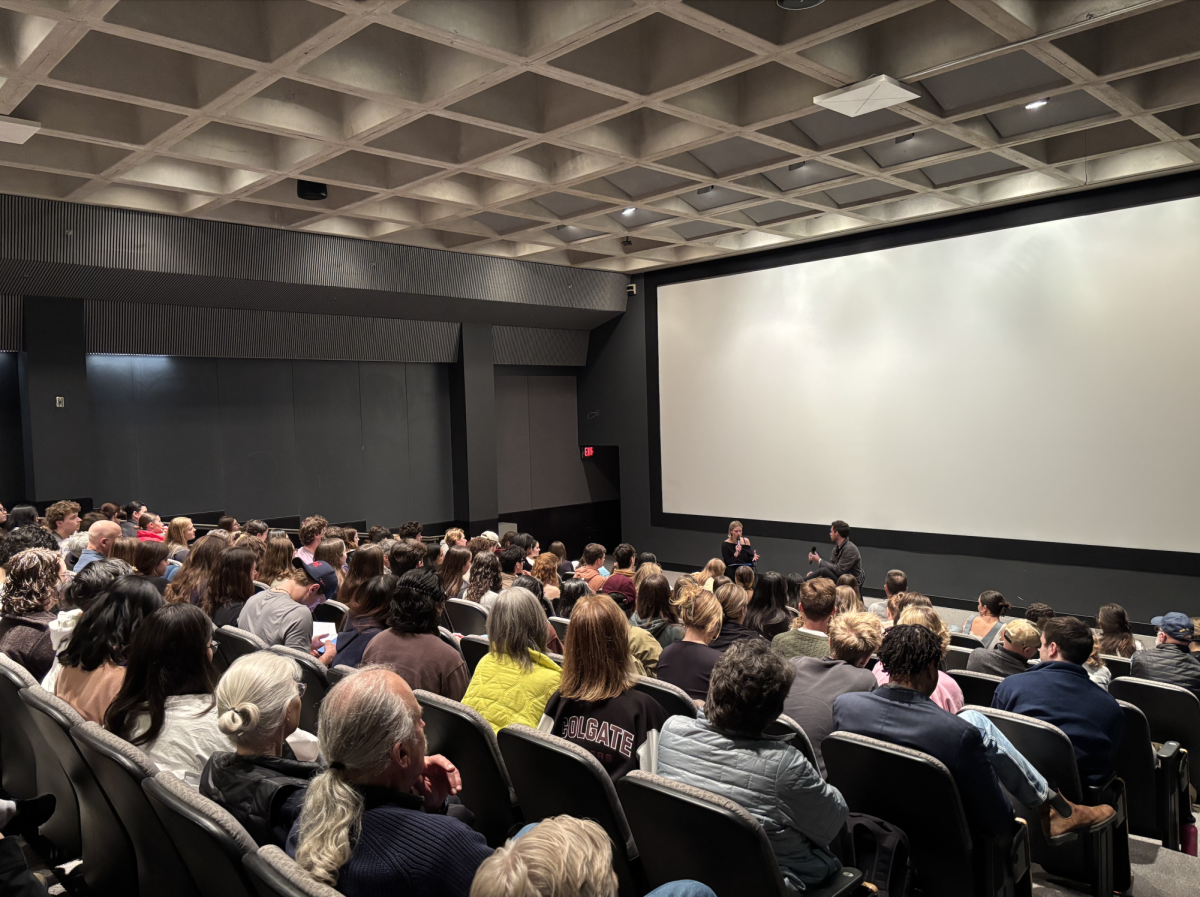Adapting to the college environment as a first-year is unquestionably demanding. Most incoming students are faced with a litany of stressful challenges — academics, socializing, freedoms, etc. — and confronting this transition is by no means a breeze. That said, over two million other students across the United States are walking in the same shoes, so trust me, an apprehension towards this change is definitely normal. As a sophomore at Colgate University, I too recently experienced this trepidation, and I do wish that there was greater help from the University. Do not get me wrong, the administration designed a very meticulous and well-thought-out first-year orientation. Be that as it may, I would like to address what I deem to be a flaw in this initiative. For context, the four-day program is geared towards mitigating various of the previously outlined obstacles, and, for the most part, I find it very successful in doing so. However, what lacked attention was assistance in adapting to the social scene of college life. This, in my opinion, is the biggest hurdle to overcome.
To better understand my argument, I will briefly summarize, for those who are unfamiliar, Colgate’s engineered approach to mitigating initial social jitters. In the afternoon of move-in day, subsequent to family farewells, students are separated into groups based on their first-year seminar (FSEM) course, which are composed of approximately 15-25 people. These cohorts — referred to as link groups — are led by their sophomore and upperclassmen peers, who steer these new Raiders through their orientation agenda. Over a four-day period, it is without question that the activities administered enable students to become familiar with their fellow FSEM members. Nevertheless, I found that it is difficult to branch out from this group, as each is confined to a separate schedule. Quite frankly, I am puzzled by how any faculty agrees with this style of isolation and division.
Let it be known that while I do delineate the first-year orientation to be the sole icebreaker for new scholars, there are a few other options that I am excluding from attention. To be specific, these offerings include Community Outreach, First@Colgate, Sustainability of the North Country, QuestBridge Scholars, various pre-orientation programs and Wilderness Adventure. There are also a handful of required alternatives, such as the International Student session Alumni Memorial Scholars and summer training for certain athletic teams. But there are financial limitations, time commitments or other boundaries that restrict several students from participating in some of the listed activities. Therefore, the FSEM link groups serve as the sole channel to meet peers for many, including myself. This hindrance must be tackled so that future fellow undergraduates can ease into college at Colgate in the best possible manner.
I wholeheartedly agree that it is foolish to completely depend on the Colgate staff to “hold your hand” in forming relationships on campus. However, when considering the administration’s implementation of required endeavors with your Link, there is not much wiggle room in spreading one’s wings to meet others when following such a rigid timetable. Of course, I must give credit where credit is due. A few of the functions do encourage socializing with the rest of the grade, notably including Club Case and Convocation. Nonetheless, these major outings might be quite anxiety-inducing for many, particularly when considering how certain friend groups have already formed through the pre-orientation programs, thus leaving many stuck in a psychological quandary of who to converse with. This uncomfortable situation by no means urges students to mingle, yet rather subjects them to an illustration of a cliquey, almost juvenile landscape. This, to me, is not an entertaining environment.
If I were handed the reins to modify Colgate’s first-year orientation, my first adjustment would be to extend the length from four to six days. By adding this additional time on campus prior to the start of classes, activities geared towards meeting like-minded individuals outside of one’s link group can be offered. Options would be centered around subjects that are of varied interest separate from their academics, such as sports, gaming, art, music, fashion, etc. Plus, as these selections would be required, they would willfully catalyze the shaping of friendships, thus enabling niche collectives to form. As we are all aware, Colgate University is a very tight-knit community. Consequently, everyone should be taken into account when arranging the intricate requisite schedule of their first few days as a Raider. The undergraduate journey should start off on a high note.


